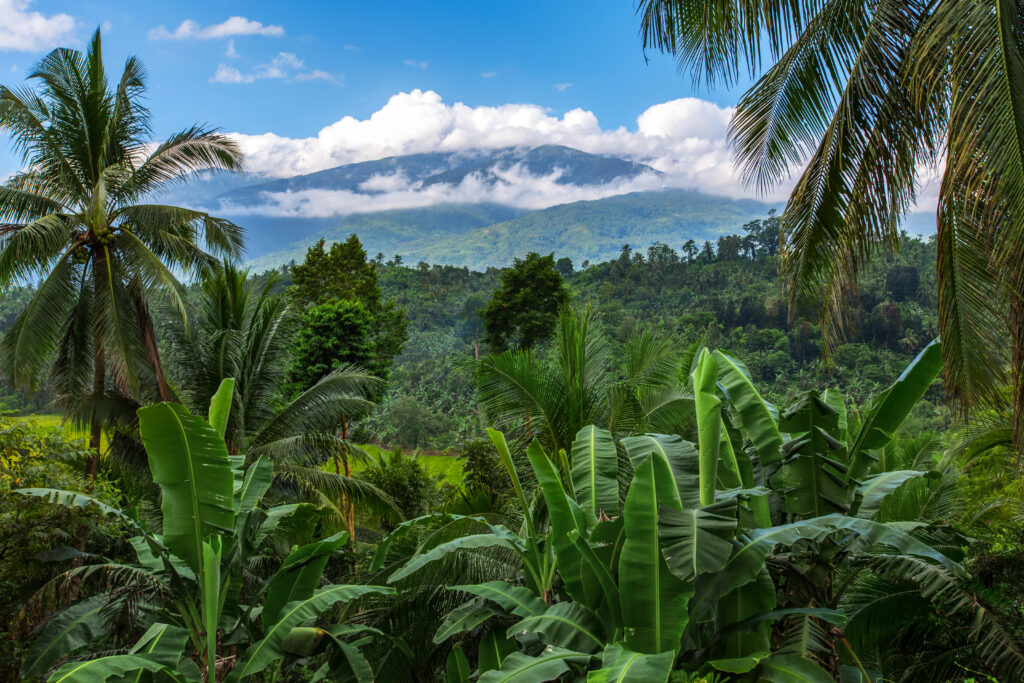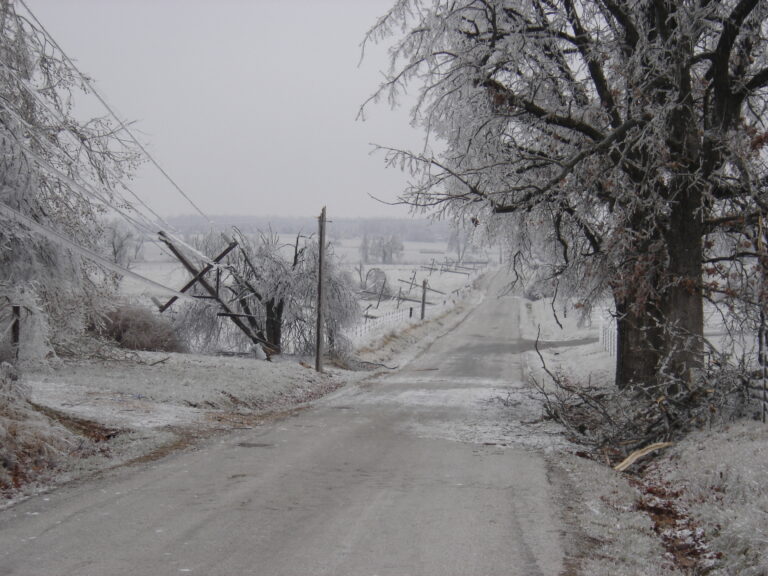A Critical Ecosystem at Risk
Tropical forests are often referred to as the lungs of the planet, playing a vital role in absorbing carbon dioxide, regulating temperatures, and supporting incredible biodiversity. But according to a new study, these ecosystems are increasingly struggling to keep up with the pace of climate change. While tropical forests have long served as a natural buffer against global warming, their ability to adapt and maintain their functions is showing signs of serious strain.
Slower Growth, Greater Stress
The study reveals that rising temperatures and shifting rainfall patterns are starting to slow the growth rates of tropical trees. In many areas, higher heat and longer dry seasons are reducing the ability of forests to photosynthesize efficiently. As a result, trees are absorbing less carbon than they did in previous decades.
This shift is significant because tropical forests currently absorb billions of tons of carbon dioxide each year. As their capacity to act as carbon sinks diminishes, more CO₂ remains in the atmosphere, accelerating global warming and creating a feedback loop that puts even more pressure on these ecosystems.
Droughts and Heat Waves Take a Toll
One of the most concerning findings is the growing impact of droughts and extreme heat on tree survival. Prolonged dry periods are leading to increased tree mortality in some regions, especially in parts of the Amazon, Congo Basin, and Southeast Asia. These conditions not only reduce forest cover but also increase the risk of wildfires—something that tropical forests are not well adapted to handle.
In some cases, species that once thrived under stable tropical climates are now being outpaced by rapidly changing conditions. The report suggests that if current trends continue, some forests could shift from being net absorbers of carbon to net emitters—releasing more CO₂ than they store.
Species Migration and Ecosystem Disruption
The study also found that many plant and animal species are struggling to migrate fast enough to adapt to shifting climate zones. In mountainous and lowland forests alike, temperature changes are altering the range in which species can survive. This mismatch can lead to ecosystem imbalances, where certain pollinators, predators, or food sources no longer align with the needs of native species.
As species struggle to adapt or relocate, the rich biodiversity of tropical forests becomes increasingly fragile. Some areas may experience a loss in both the variety and abundance of species, which could ripple through food webs and alter entire ecosystems.
Hope Through Conservation and Climate Action
While the findings are sobering, researchers stress that there is still time to protect tropical forests—if action is taken quickly. Strengthening conservation efforts, preventing deforestation, and supporting indigenous land rights are all essential to maintaining the health of these ecosystems.
In addition, reducing global greenhouse gas emissions remains the most important step to slow climate change and relieve pressure on forests. The longer warming continues unchecked, the harder it will be for tropical ecosystems to recover.
The study serves as a stark reminder that tropical forests are not invincible. Their resilience has long helped protect the planet, but now they need protection in return. Without urgent action, the world’s most vital forests may no longer be able to shield us from the very crisis that now threatens their survival.


